Ready for the winter? I’m not talking about ski passes but the subzero temperatures, the rising energy bills, the blackouts, the prospect of being unable to heat our homes.
Much has been said about the Kremlin’s energy blackmail and the tough months ahead. But with winter just around the corner, the topic becomes inescapably real for all of us Europeans.
Inevitably, it was on the table of our weekly European Editorial meeting, where I was struck by one remark: “For us, it’s a matter of life and death, of our literal survival,” our Ukrainian colleague said. It makes you think, right?
Fearing higher bills is not the same as fearing for your life and the lives of your family, while you stockpile candles in the midst of a war. But as Moscow does its utmost to keep us cold and scared, we must find a path to a better, more sustainable energy future.
It’s a big task and some countries are ahead of others. But our joint future depends on it.
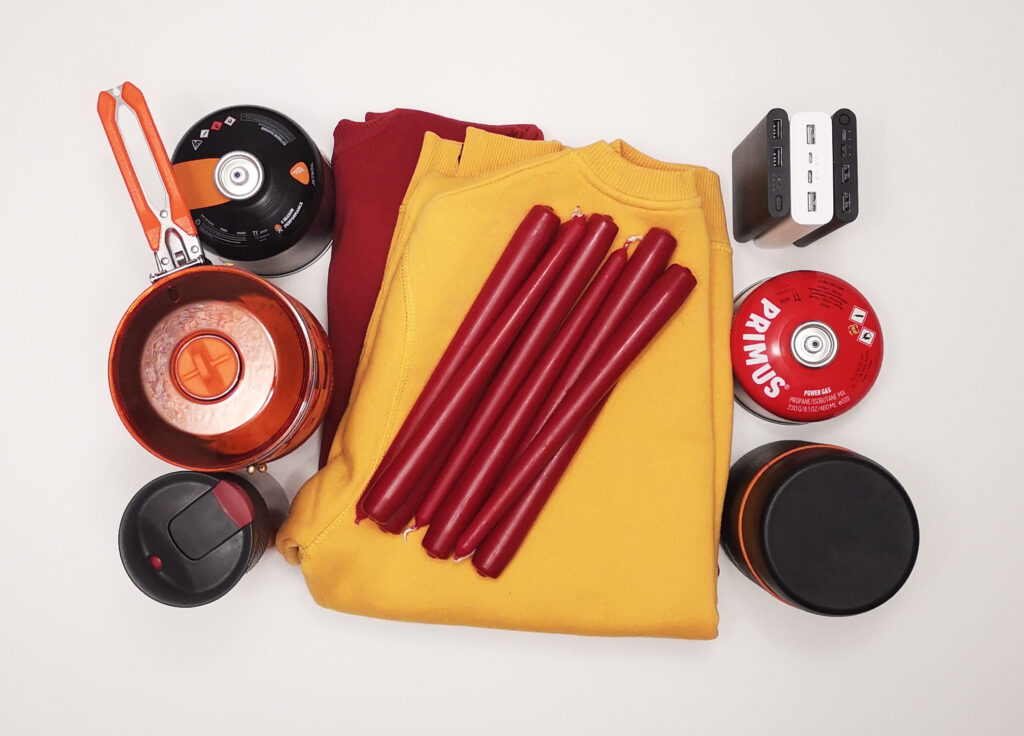
What type of heater should I choose ― electric or gas? How much does a balcony solar panel cost? Will three power banks be enough and should I get thermal clothes or just add another regular layer? Just like millions of other Ukrainians, these are the questions currently running through my head.
We worry whether our army will make progress in the winter and whether the supply of modern weapons will continue. But one thing is certain: either through continued missile strikes or by hacking our systems, the Kremlin will do its utmost to make this a very dark, very cold winter for Ukraine.
I know how it feels. Ever since 2014, Russian hacker strikes have caused blackouts in various parts of my country. So now I search the Internet for what’s still possible to buy to get me through this period.
I understand Russia’s rationale: a harsh winter and high gas bills may push Europe to agree to Moscow’s terms to end this war. Blackouts and bitter cold will further exhaust Ukrainians and nurture a wish to end this nightmare.
But everyone I know has no thought of surrender.
That’s why, in Ukraine now, candles are not about coziness or romance. They are a means of survival, stacked as a source of light just like 200 years ago.
I don’t care about gas prices, but about the ability to use gas at all. I bought matches, a portable gas stove, and several gas cartridges, following the advice of a popular brochure on crisis preparation. It feels like a camping trip, but instead of a forest I’ll have to camp in my home this year. But the destination is clear ― our freedom.
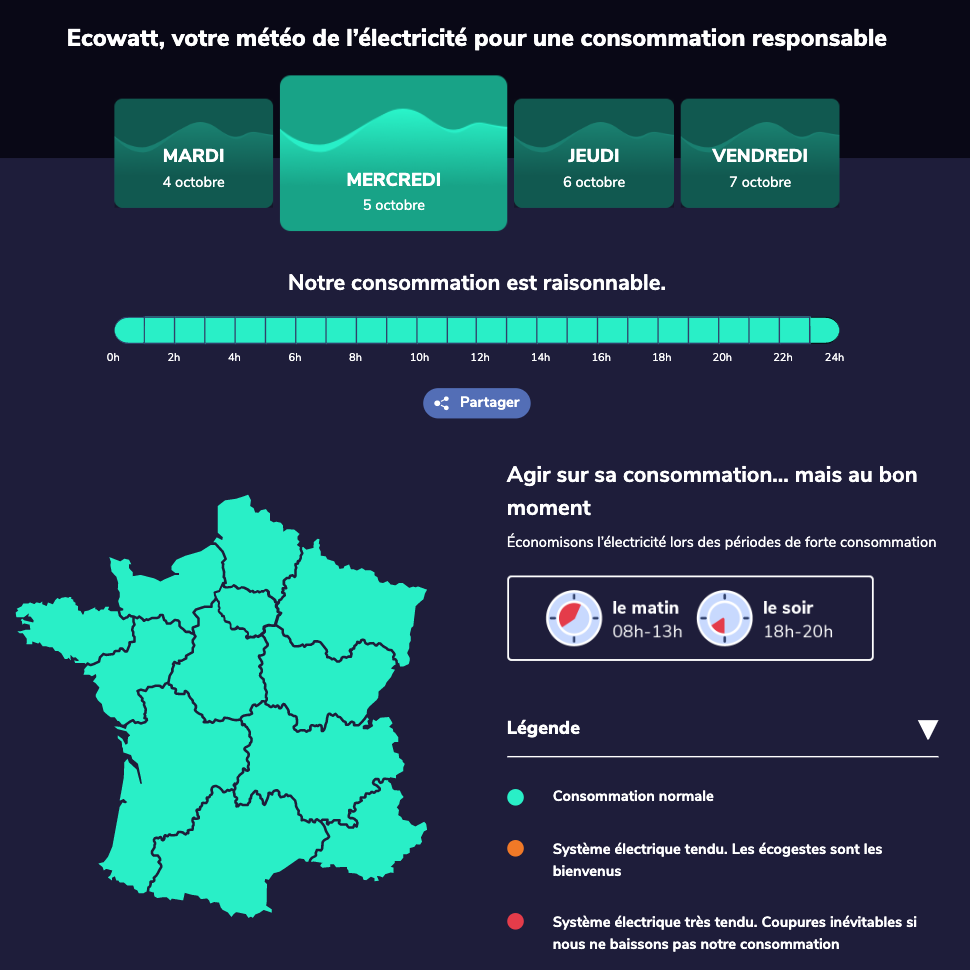
Up until a few weeks ago, few French people had heard of the government-funded Ecowatt website. But with winter arriving, this “electricity weather forecast” promises to become a helpful and popular tool. So, like many, I logged on. Via its site or text message, Ecowatt warns consumers about potential power cuts, giving them time to switch off household appliances to reduce consumption and protect them from disruption. For reasons we’re all well aware of, the risk of power cuts is on the rise. For the moment, thanks to the mild weather, I haven’t been pinged. Will it stay that way come winter?
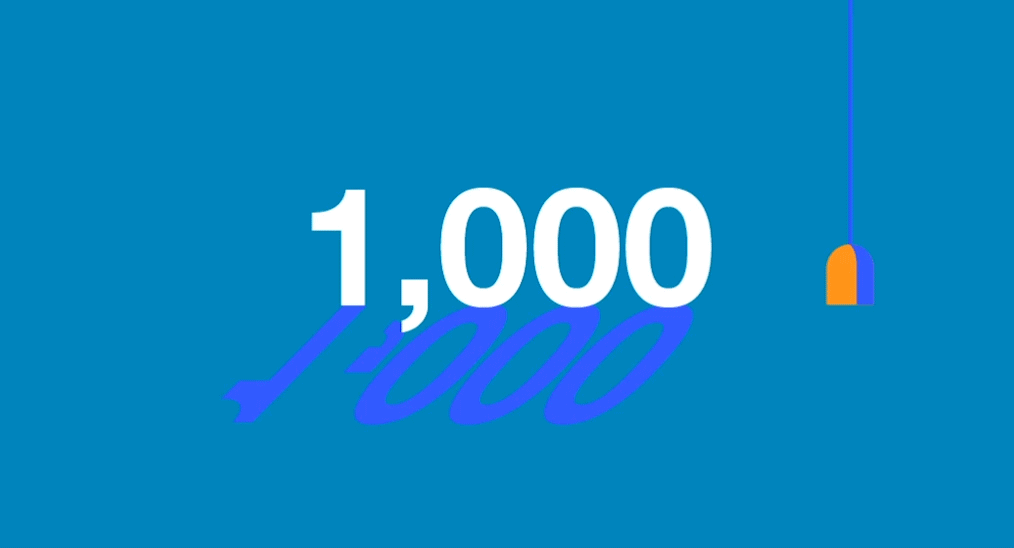
Estonia, Latvia and Lithuania need at least another 1,000 days to become independent of Russian electricity under a €1.6bn plan to decouple the Baltic states from the Russian grid by 2025.
It may be possible to connect to the “Continental Europe grid” even earlier, but the risk of outages and higher power bills will remain given the current infrastructure is not yet ready for an orderly transition.
The stakes are high: the Baltic states are determined to stop Russia weaponising energy; last week, Estonian Prime Minister Kaja Kallas warned of black-outs if Putin decides to cut the countries off.
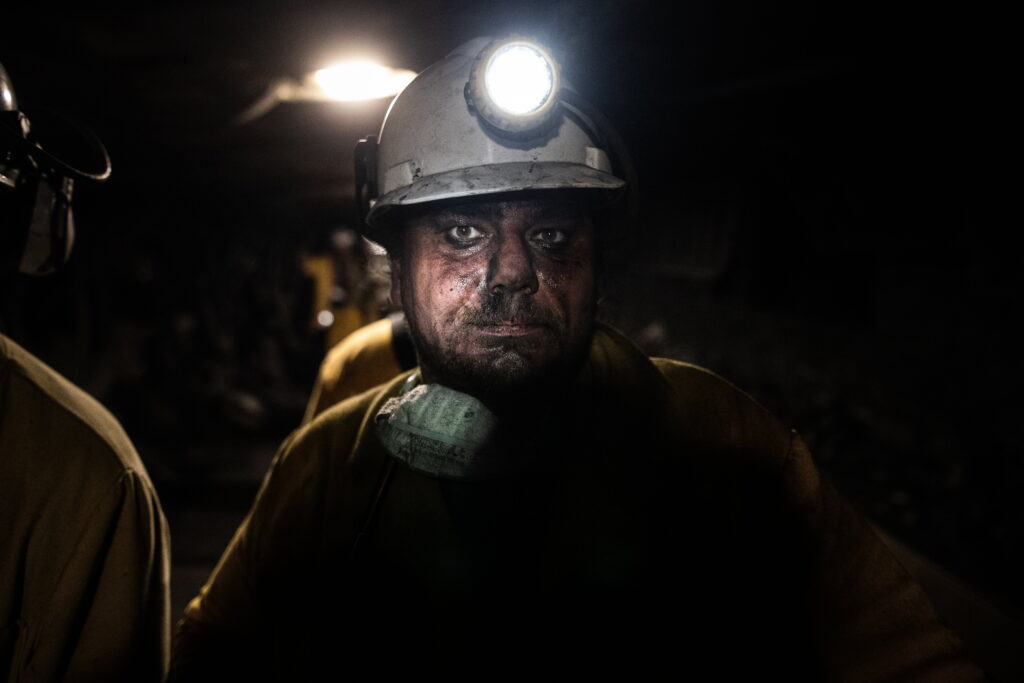
While Western Europe talks renewable energy, Poland is scrambling for coal.
Coal is Poland’s primary energy resource, used not only to produce electricity but burned by thousands of households to keep the cold at bay. Supply had never been a problem. Until now.
The Law and Justice (PiS) government treated coal almost as a fetish, with coal miners enjoying some of the most generous state support in the country. To please the mining lobby, the government crippled the development of wind farms, while calls from environmentalists for Poland to heed the warning signs of climate change were dismissed by PiS politicians as leftist propaganda. Studies showing that air pollution is behind the deaths of thousands of Poles every year were ignored.
Poland has enough coal for 200 years, according to President Andrzej Duda. But in fact, while kowtowing to the mining lobby, the government quietly closed many mines, as imports from Russia and Russian-occupied Donbass – in defiance of an EU embargo – were more profitable.
On April 14, some six weeks after Russia invaded Ukraine, Poland imposed an embargo on Russian coal imports. Then the trouble started.
Once-full coal depots emptied. Prices shot up. In June, the government assured the public there was no need to panic-buy; the price would come down.
The exact opposite has happened. PiS leader Jarosław Kaczyński is now telling Poles to buy less and to wait patiently for fresh supplies. The government has ordered fuel from South America, but it’s unclear if it will arrive in time. There are also question marks over the quality of imported coal.
Europe is in for a harsh winter. Poland, in particular. In November 2021, the US warned Warsaw that a Russian invasion was imminent. The government had more than four months to prepare and to confront the prospect of coal shortages. What did it do?
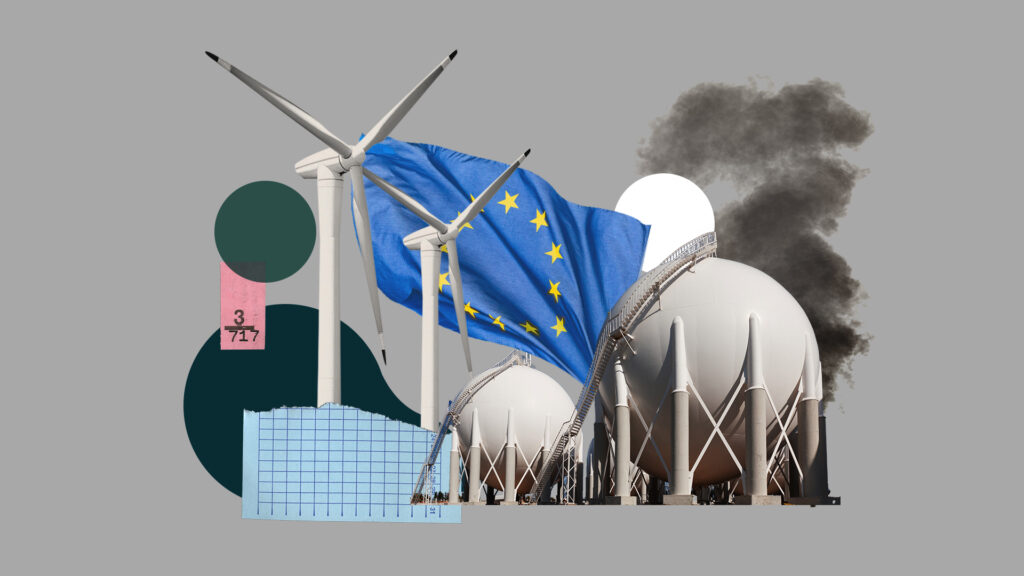
The energy crisis is a European one, but this time, unlike during the 2008 financial crisis, Europe is upside down: Germany, in particular, was once the “schoolmaster” lecturing Portugal, Italy, Greece and Spain about fiscal irresponsibility, but Berlin now finds itself much harder hit than its southern neighbours when it comes to energy.
Germany powered its industrial and economic growth with cheap Russian gas, giving little thought to the security risks, not just to itself. Who’s “irresponsible” now? One might ask.
Spain, on the other hand, proved its farsightedness by investing in a more diversified energy mix, despite the greater economic cost.
While just a few months ago the Spanish proposal (backed by Portugal and Italy) to radically overhaul the European energy market was being dismissed by some – with their hierarchical reflexes – as ‘quixotic’, it seems there are finally some southern winds of change: an adapted Spanish “gas cap” is now becoming a reality for the rest of the bloc.
Of course, reform like that is a long-term project. This winter, the door must still be opened to more pragmatic and short-term options for gas or coal from the United States, Norway and Azerbaijan.
But, just as the Covid-19 pandemic allowed for the rupture of certain ‘mantras’ that seemed impossible to break, the belated understanding that energy is a matter of European security also represents a historic opportunity to push for more sustainable means to ensure it.
Looking to the future, this hopefully means moving towards a better developed energy mix with more renewables all over Europe – together.
Thank you for reading our second issue of European Focus.
We’re happy to hear from you if you have any questions, feedback or suggestions about our newsletter. Just hit the reply button or send us an email to info@europeanfocus.eu.
You can also read or share the newsletter and articles via our website europeanfocus.eu.
See you next Wednesday!
Siniša-Jakov Marusic






